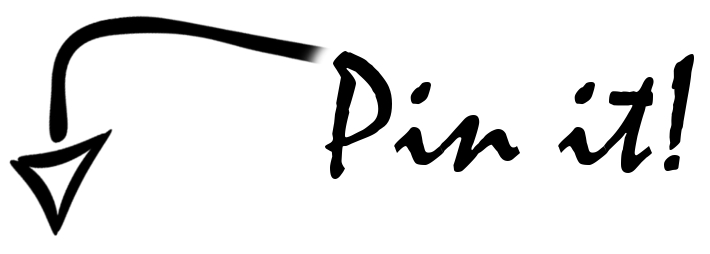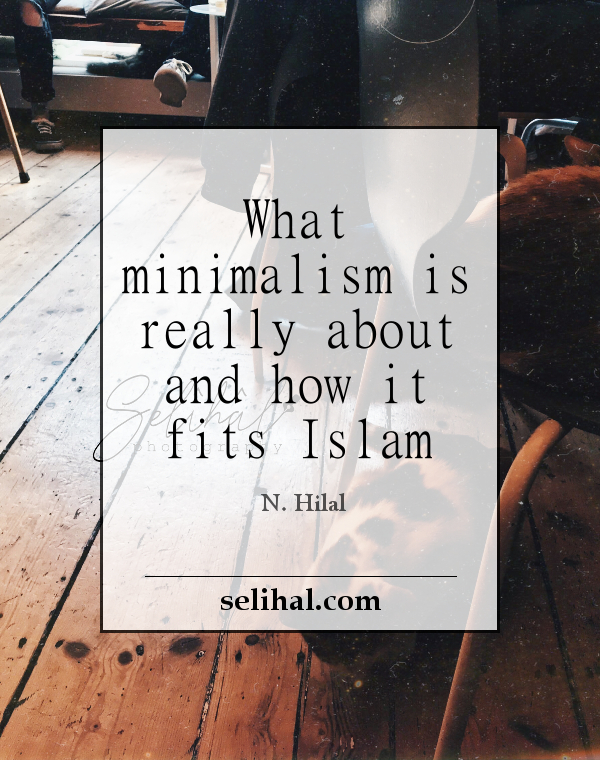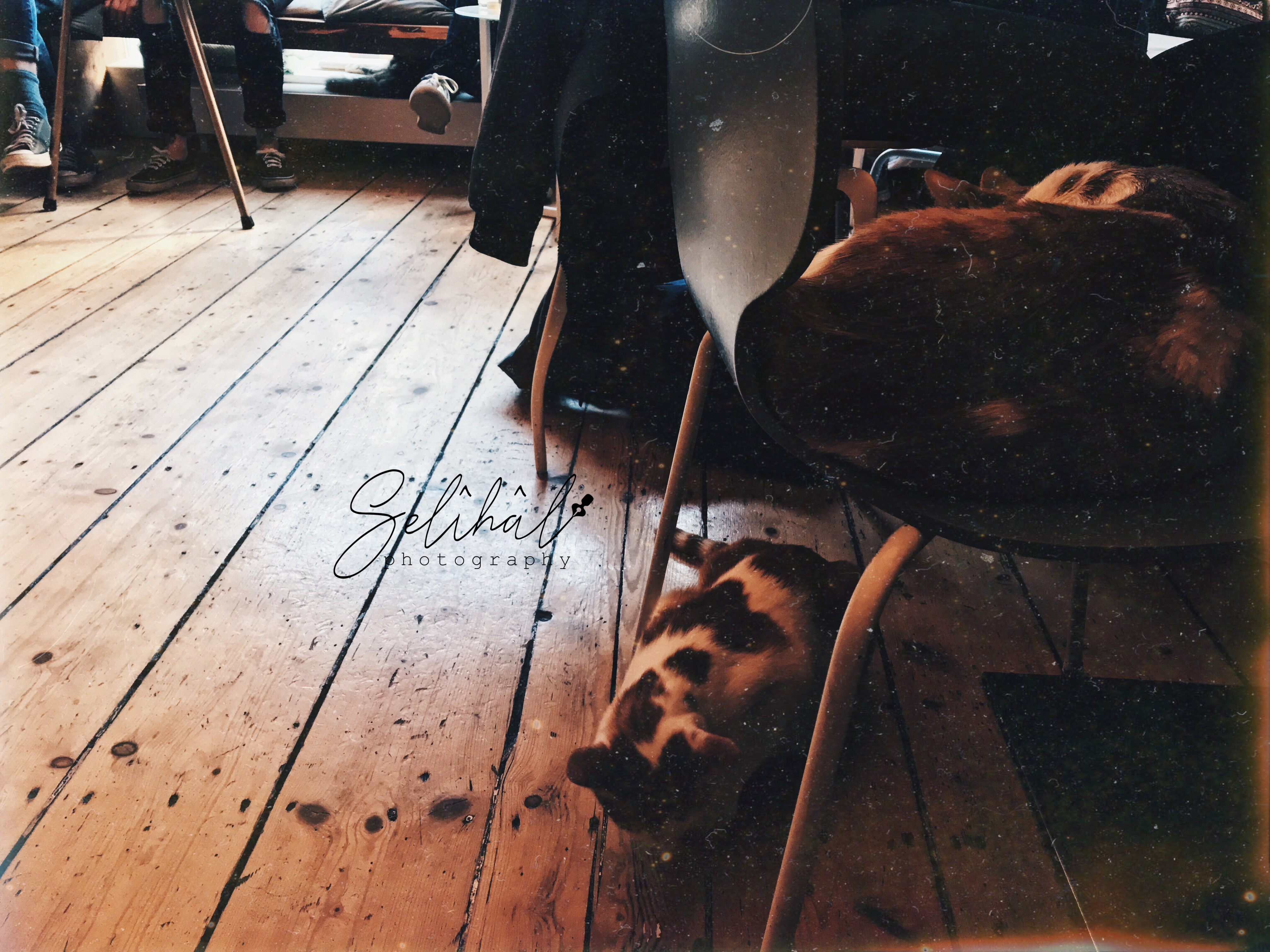Minimalism is the trending topic lately. I would be lying if I would say that I wasn’t interested either. Even though I am normally not known for liking trends at the time they occur and everyone tries to follow them, I really saw a potential in minimalism. Especially because it actually fits into Islamic views/perspectives of living a life.
Foremost, I wouldn’t consider myself a minimalist yet. Since I live home with a family of six, am really bad at throwing/giving away stuff, because I think I might need them later, it was not yet possible. But still, I really want to try out some things concerning minimalism, and look if this is a way I want to create my life(style).
I think minimalism is a great way to learn how to be more considerate of what at you buy, and how you may live more sustainably. Since minimalism shows you that you don’t need all of the stuff you own. You can be as happy, even happier, if you keep the stuff that you use daily, or like to see on a daily basis. Another good point is the overview you would have of all the things you possess. How often do you find yourself in a situation, in which you discover a long lost shirt, or book, or whatever. Just so that you realize that you totally forgot about it.
What I’ve noticed lately in the articles about minimalism, which I neither like nor support in any way is that people think, that minimalism is really about throwing/donating stuff you like, but still see as a burden because there are just too much of them. Especially books, and mementos. They think minimalism is about owning
Minimalism is, as I said before, the principle of keeping the things you like. The things which give you joy. And the thing with books is that I love having a lot of them. Because sometimes I re-read them. I enjoy looking through them, or just seeing them in my shelf and directly remembering where I read them. Marie Kondo* said mementos won’t be important, because not the things are the situation you remember. They are just things. But I like the fact that I sometimes discover them again and then be happy because otherwise, I may not have remembered them. They are indeed not the memory, but they are the connection and the link to the memory.
Coming to the point, to what extent it fits Islam: In the Quran are ayahs (= verses) in which you can find information regarding waste (=
And give the relative his right, and [also] the poor and the traveler, and do not spend wastefully. ❁
Indeed, the wasteful are brothers of the devils, and ever has Satan been to his Lord ungrateful. ❁
Surah Al-Isra [17] – Ayah 26/27
And you can imagine that waste is one of the main points in minimalism: You want to minimize it to a certain extent. That’s why you get rid of things you don’t need, you donate them so other people can enjoy the things you were just keeping in your basement.
And Islam taught us to actually just buy/get those things you will need, you will like. And not just waste your money on things you won’t look at ever again. That’s how it fits minimalism and that’s how people should live in my point of view. Because we all have to be mindful: Do we really need another something, shipped from China? Can you live with the fact that you may have caused a worsening of the environment?
It may sound a bit far fetched for some of you. But since I am very strongly believing in Islam and really like to be mindful and keep my ecological footprint as small as possible, minimalism deserves my consideration whether I want to live my life like that or not. And I do enjoy my things, and I realized that if I don’t have so much other semi-enjoyable things distracting from them, I enjoy them even more.



*no advertisement, my own opinion

